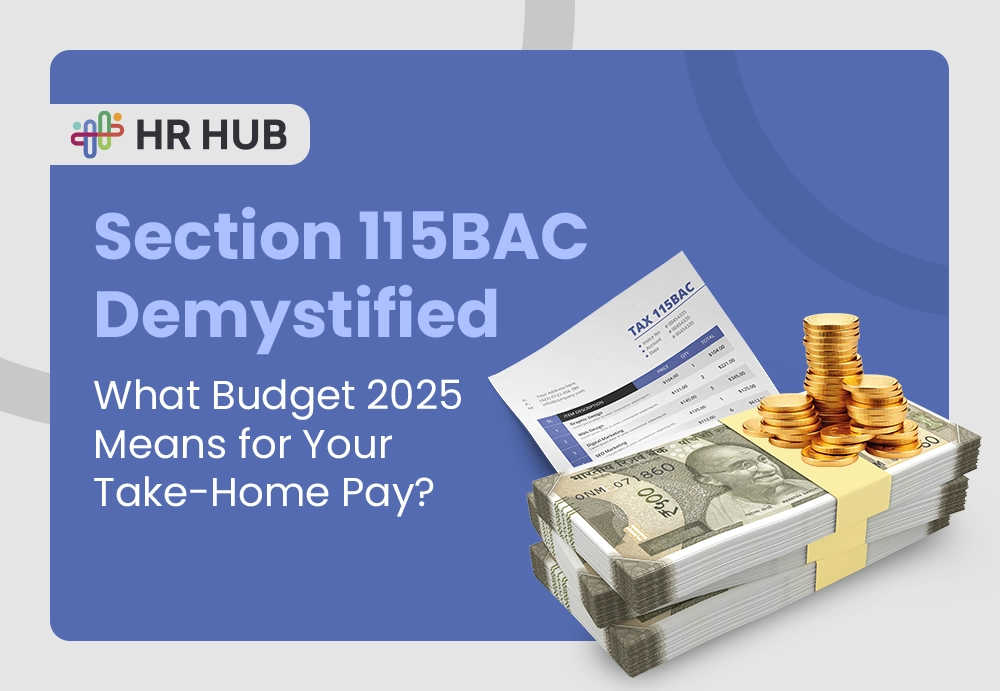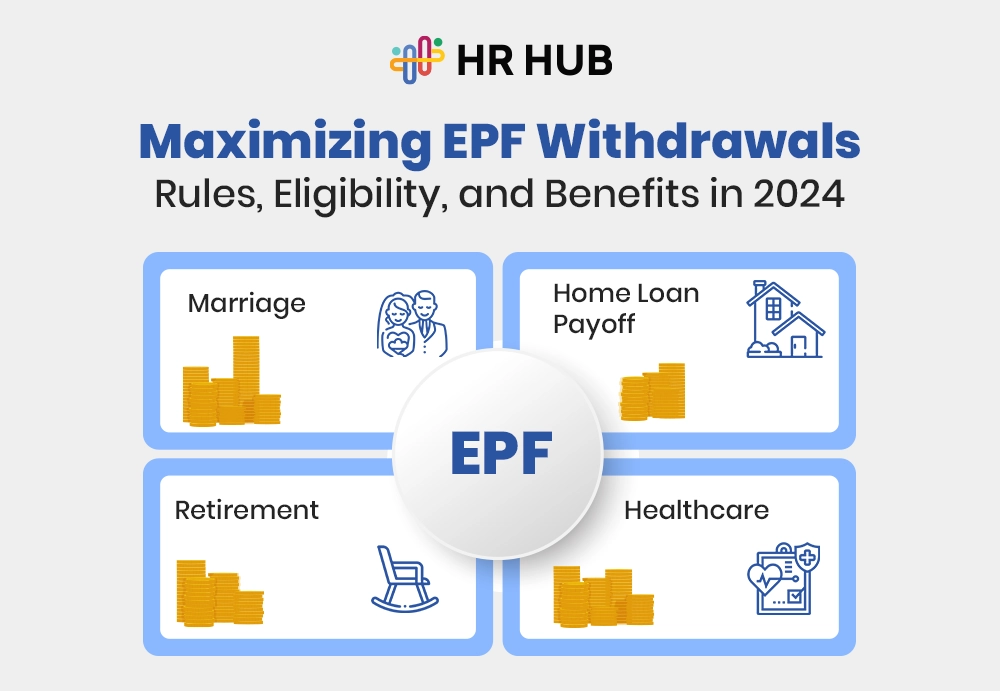Employee Experience (EX) and Employee Engagement (EE) are two keywords that frequently rule conversations about company culture and workforce management in the complex ecology of modern workplaces. Despite their first similarity, they reflect different but linked facets of the employee journey inside a company.
This blog post'll discuss these concepts in detail, examining their definitions, applications, and significance in developing a productive workplace culture.
Understanding the Concept of Employee Experience (EX)
The term "Employee Experience" means the employee's interaction within the organization. This process typically includes the hiring and onboarding process, regular employment activity, career progression, and employee departure.
In simple words, EX refers to the employee's overall feelings about their work, the company's culture, and the value they derive from their jobs and relationships there.
Fundamentally, EX is useful for establishing a positive and rewarding work environment rather than merely a catchphrase. It's about fostering productivity, well-being, and employee pleasure. By comprehending and meeting an employee's varied needs, motivations, and expectations during various phases of their career within the company, you may greatly improve their experience and, consequently, their performance.
What Do You Mean by Employee Engagement (EE)?
Employee engagement concerns the employee's emotional bond with the company and role. It typically describes people willing to go above and beyond to make a difference, are passionate about what they do, and have a strong feeling of devotion to the company.
Establishing an effective work environment requires and encourages employee involvement. It encourages camaraderie, empowerment, and congruence between personal and corporate goals. Engaged workers are more likely to promote this culture, be effective, and make extra effort. Increasing EE knowledge and support can greatly impact your company's morale and output.
Employee Experience vs. Employee Engagement: The Comparison Table
|
Aspect
|
Employee Experience (EX)
|
Employee Engagement (EE)
|
|
Definition
|
Includes every encounter and viewpoint an employee has while working for the company.
|
Focuses on how committed and emotionally connected workers are to their jobs and the company.
|
|
Scope
|
Holistic, covering the entire employee lifecycle
|
Behavioral, reflecting employees' actions and attitudes towards work
|
|
Focus
|
Perception-based, considering how employees perceive their workplace environment, culture, and values.
|
Action-oriented, highlighting staff members' readiness to go above and above the call of duty.
|
|
Components
|
Comprises hiring, onboarding, development, training, culture, work environment, work-life balance, and other aspects.
|
Involves motivation, personal growth, acknowledgement, and alignment with company objectives.
|
|
Longevity
|
Long-term perspective, requiring continuous effort to meet evolving employee needs.
|
Dynamic and contextual, influenced by various internal and external factors.
|
|
Outcome
|
Long-term productivity, well-being, and employee happiness are fostered.
|
Encourages increased levels of dedication from the company, creativity, and production.
|
|
Relationship
|
Establishes a favorable work atmosphere that fosters involvement.
|
Enhanced by a positive employee experience, contributing to a culture of collaboration and innovation.
|
EX vs EE: Which is the Best?
Despite separate ideas, EE and EX are strongly related and support one another. A friendly, inclusive, and rewarding work environment created by happy employees is a foundation for promoting engagement. In contrast, engaged workers create a culture of cooperation, creativity, and ongoing improvement, which improves the entire work experience.
In conclusion, Employee Engagement focuses on the emotional commitment and behavioral involvement of employees towards their work and the organization's goals. In contrast, Employee Experience covers an employee's journey within an organization, emphasizing perceptions and holistic experiences. Both are necessary elements of a healthy workplace culture. To maximize employee potential and promote long-term success, firms must prioritise improving both EX and EE.






